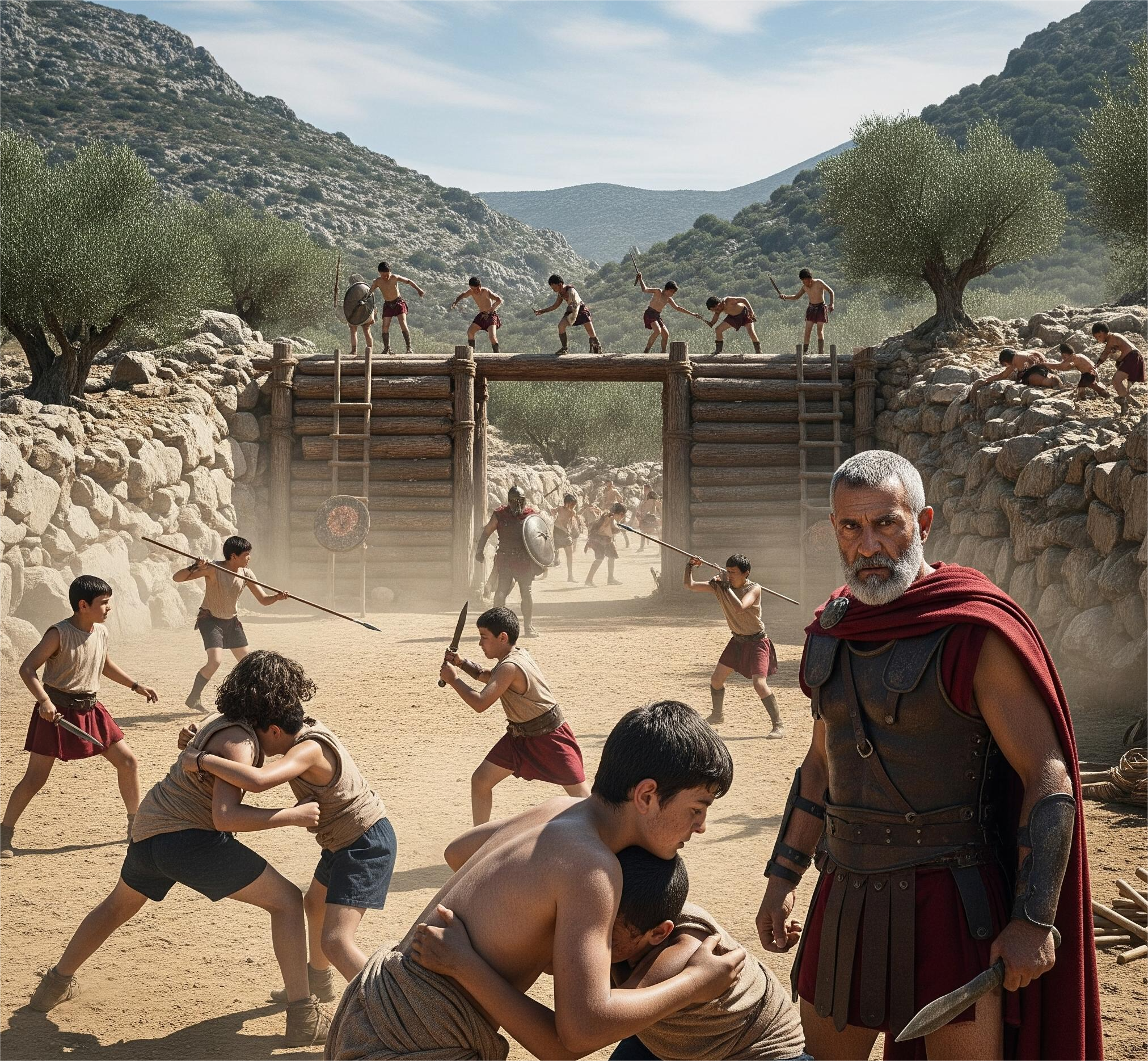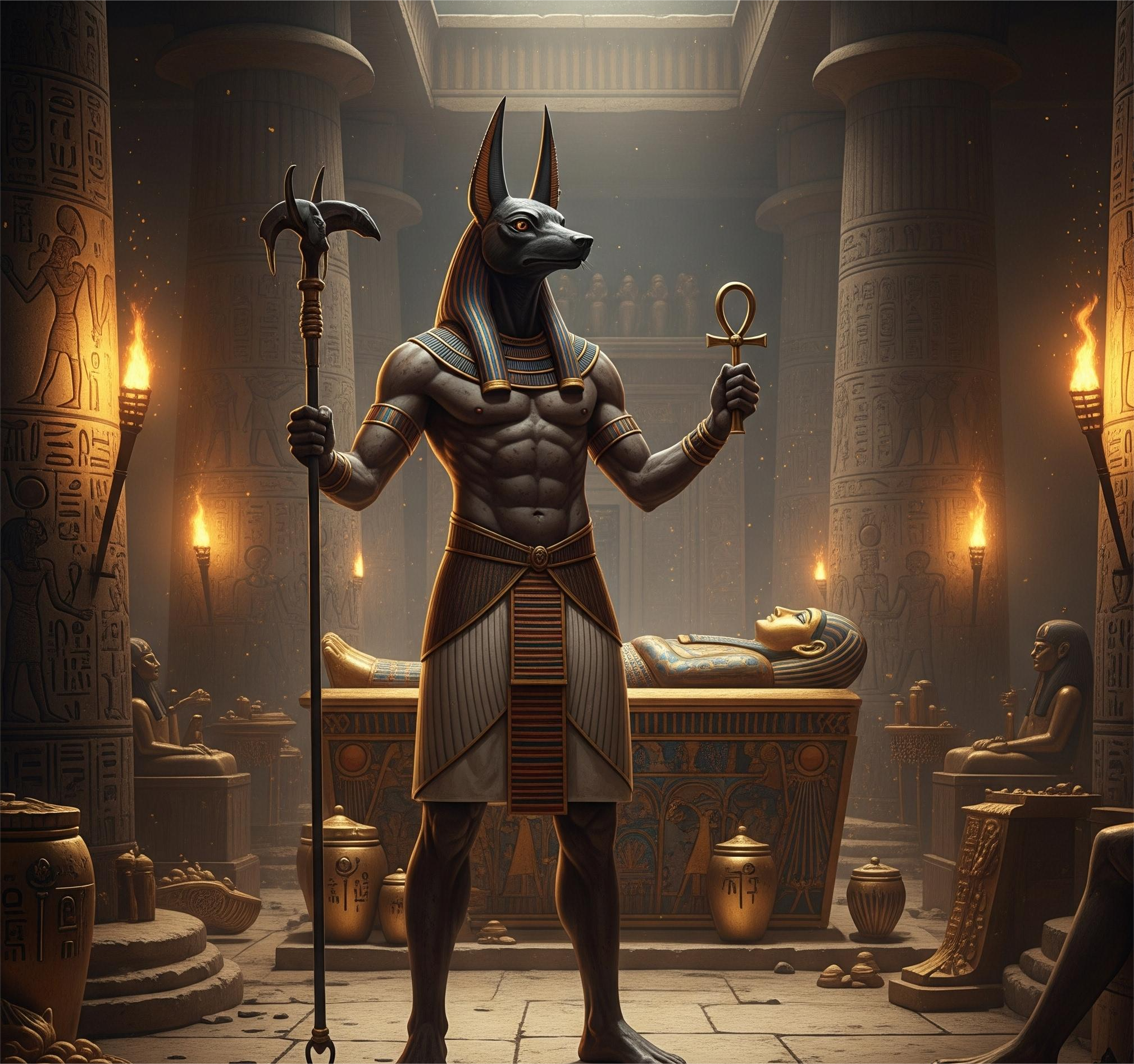Archaeologists have unearthed the remains of an ancient Roman forum in the ruins of Ocuri, a historic city near Ubrique in southern Spain. The discovery, led by the University of Granada (UG), confirms that the forum served as the bustling center of Roman life in Ocuri, situated strategically on the limestone slopes of Cerro de la Mora with sweeping views of the landscape. While the site dates back as far as the sixth century B.C., most of the remaining structures reflect its vibrant Roman era, especially during its peak in the second century A.D.
First uncovered in the late 18th century by local scholar Juan Vegazo, who suspected the central terrace was the forum, the latest excavations by UG validate his theory. The forum, described by UG archaeologist Macarena Bustamante Álvarez as the “heart” of a Roman city, was a lively hub for commercial, political, and religious activities. Key finds include the bases and shafts of columns and a monumental altar, along with remnants of thermal baths, houses, and funerary monuments.
One major discovery extended Ocuri’s occupation timeline: coins bearing early Christian symbols, which show that Ocuri remained inhabited until the late fourth century, nearly a century longer than previously thought. These findings add a new chapter to our understanding of Roman influence on the Iberian Peninsula.







